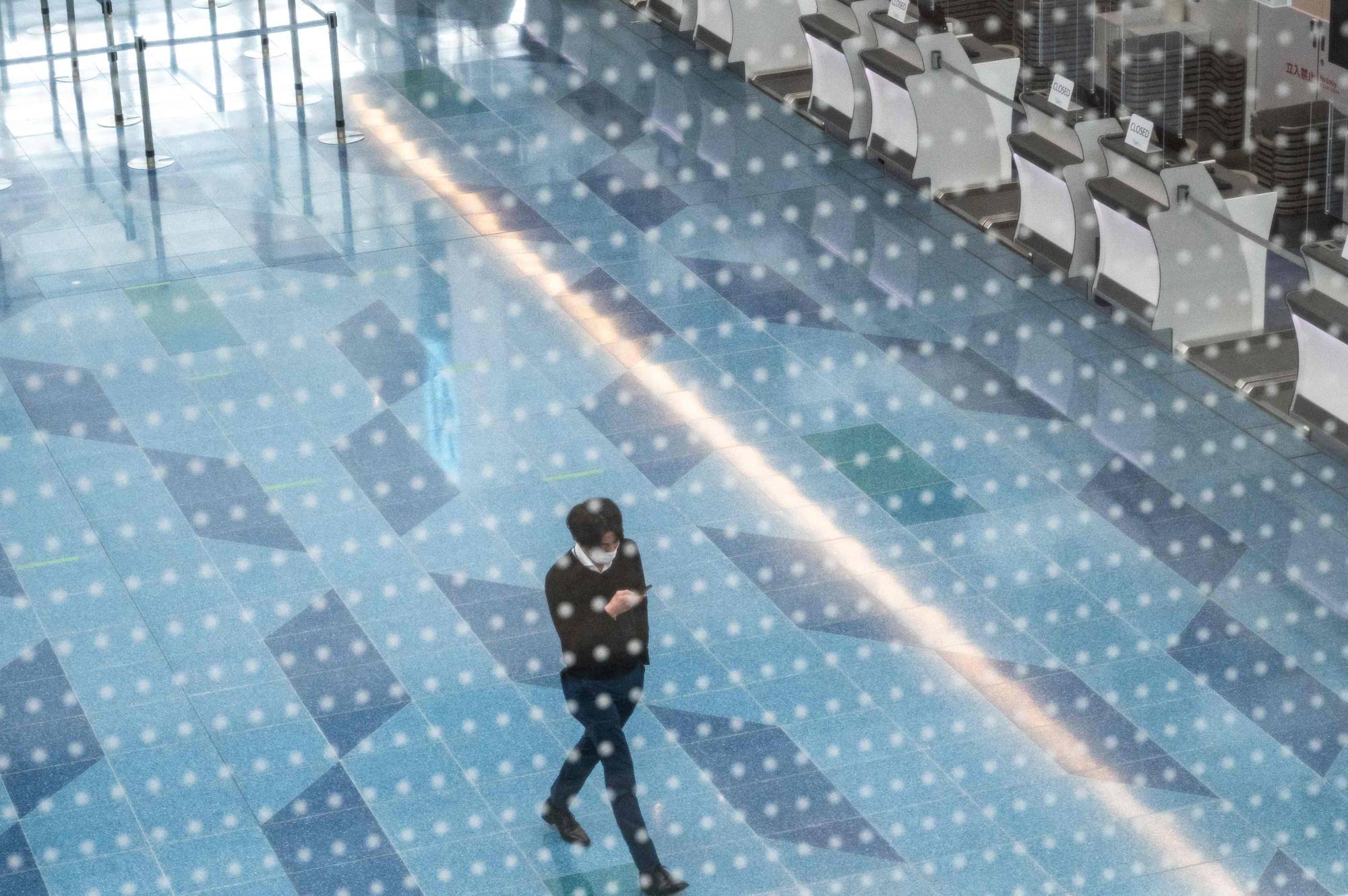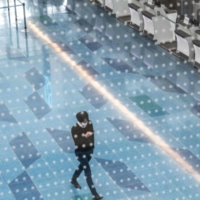Japan has reduced the 10-day self-isolation required for people entering the country to seven days, starting Saturday, the health ministry announced late Friday.
The latest move comes after the government on Jan. 14 reduced the quarantine period from 14 days to 10 days and was expected to have an impact on the travel plans of at least some foreign residents and Japanese nationals who had until now put off plans due to the onerous measures.
The new policy was announced as the highly transmissible omicron variant of the virus continues to spread rapidly, making it increasingly difficult to maintain social and economic activities.
Japan's business community, among others, had called for the period to be shortened further by taking into account omicron's characteristics.
Japan's National Institute of Infectious Diseases has said based on its analysis that the risk of developing symptoms from omicron is less than 1% on the 10th day after coming into contact with the strain, compared with 5% on the seventh day.
The country has banned entries by foreign nationals in principle since Nov. 30, following the global spread of the omicron variant.
Also Friday, Prime Minister Fumio Kishida announced that Japan was further shortening the quarantine period to seven days from the current 10 for people who have been in close contact with someone infected with COVID-19.
As for essential workers such as medical staff, police officers and child care and nursing care workers, the period will be reduced from the current six days to five days by using a combination of two COVID-19 tests, Kishida said.
He told reporters the decision was made in light of "expert opinions and new scientific evidence," noting also that Japan needs to strike a balance between curbing infections and maintaining a functional society.




